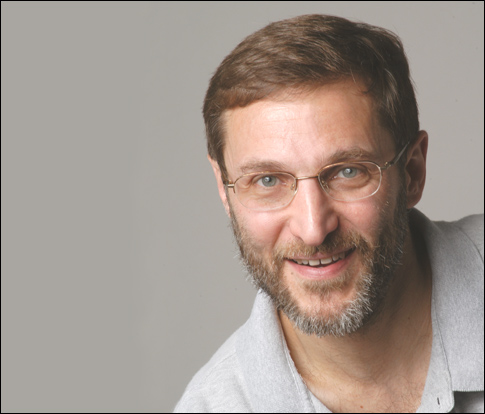
ACM Paris Kanellakis Theory and Practice Award
USA - 2017
citation
For pioneering contributions to fair queueing in packet-switching networks, which had a major impact on modern practice in computer communication.
In a landmark paper in SIGCOMM 1989 (with Demers and Keshav), Shenker developed the first practical fair queueing (FQ) algorithm, a paradigm that combines three desirable principles: allocating bandwidth and buffer space fairly across senders, controlling latency independently of buffers, and providing a service model that is insensitive to the timing of packet arrivals. Over the next two decades, Shenker advanced the FQ concept to the resource-optimized Core- Stateless variant (CSFQ) and Approximate Fair Dropping (AFD) all the way to the Dominant Resource Fairness (DRF) method for general cloud computing.
Before Shenker's seminal work, the dominant queuing strategy in Internet routers was first-in first-out (FIFO), which led to queues to back up and leading to unfair shares of bandwidth. The FQ paper in 1989 marked a turning point for theoretical approaches, and had a dramatic impact on practice. For example, the DRF method for scheduling in cloud computing has been implemented in the Apache Mesos software, which is deployed at numerous companies. Today, virtually all network routers use variants of FQ developed by Shenker (such as AFD) or in follow-up work (such as DRF, WFQ and Hierarchical FQ) inspired by Shenker's foundational contributions.
ACM Fellows
USA - 2003
citation
For contributions to Internet architecture and protocols.
